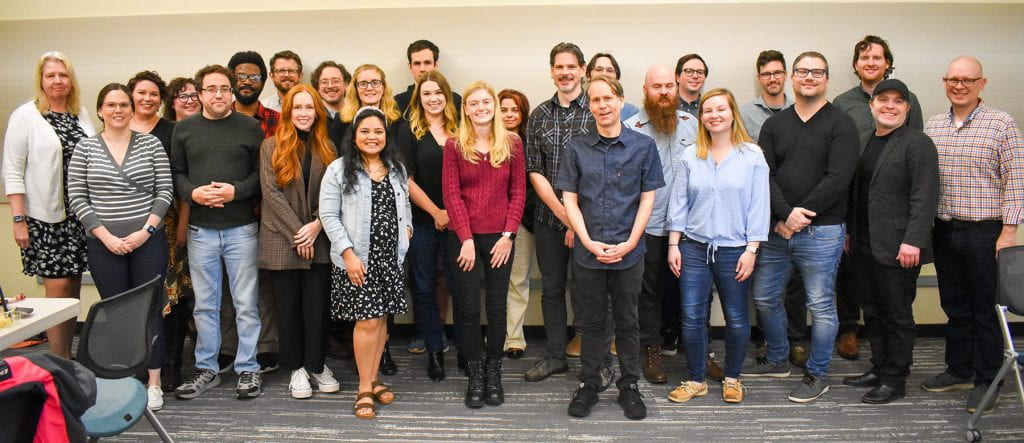This Handbook includes information that you need throughout your time as a Marion L. Brittain Postdoctoral Fellow at Georgia Tech, from orientation week to the final days before you leave us for the next phase of your career. The Handbook is an introduction and guide to your life and roles as a Brittain Fellow. It might not answer all of your questions, and it certainly won’t tell you all you need to know. But it is a useful resource. If the information you need isn’t here, don’t hesitate to ask for it. The Writing and Communication Program (WCP) and the School of Literature, Media, and Communication (LMC) want you to have everything you need to have a successful and enjoyable experience at Georgia Tech.

What this Handbook is about
The transition into life as a Brittain Fellow involves learning a great deal. Particularly in the first few weeks, the barrage of details about our program and policies might sometimes seem overwhelming. This Handbook’s primary purpose is to temper that barrage. You don’t have to learn everything immediately. In fact, this Handbook contains some information that you might never commit to memory. Nonetheless, you never know when you might need to be reminded about administrative details involved in, for example, changing a grade or maintaining your Georgia Tech website.
This Handbook answers both common and uncommon questions about life as a Brittain Fellow. It covers topics ranging from where the Brittain Fellowship got its name to how to navigate the city of Atlanta. Does it tell you absolutely everything you might want to know? Of course not. But by checking this Handbook whenever you have a question or a problem, you’re likely to find either the answers you need or at least a hint about where else to look.
What the Brittain Fellowship is about
As our advertising suggests, the Brittain Fellowship is an opportunity for recent PhDs to join a community dedicated to innovative teaching and interdisciplinary research in communication. Current Brittain Fellows have recently received their PhDs from more than 20 universities around the world. Their degrees represent diverse disciplines: literature, communication, rhetoric, composition, technical and business communication, creative writing, film studies, performance studies, critical theory, cultural studies, and related fields. However, common interests in digital pedagogy and the cultural studies of science and technology characterize the program.
